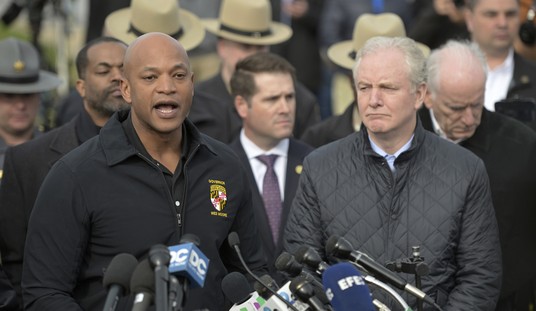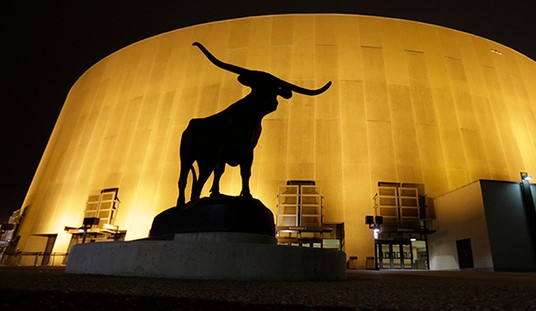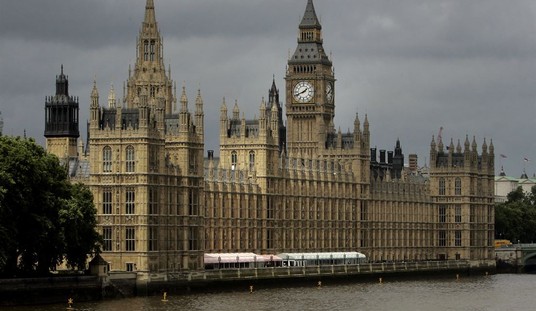The Annenberg Debate Reform Working Group (part of the Annenberg Public Policy Center from the University of Pennsylvania) is releasing a new master plan to fix the presidential debates this week. The proposals may contain a few nuggets that have potential, but they largely run contrary to the direction that the GOP has been going since the autopsy of 2013. Here are a few of the highlights.
– Increase direct candidate exchanges and otherwise enhance the capacity of candidates to engage each other and communicate views and positions;
– Reduce candidate “gaming” of time-limited answers and create opportunities to clarify an exchange or respond to an attack;
– Enlarge the pool of potential moderators to include print journalists, university presidents, retired judges and other experts.
– Use alternate formats for some of the debates, including a chess clock model that gives each candidate an equal amount of time to draw upon.
– Expand the role of diverse media outlets and the public in submitting questions for the debates;
– Increase the representativeness of audiences and questioners at town hall debates.
As I said, in general terms some of these sound like laudable goals, though it’s unclear how they plan to implement them. It would be nice to see more direct interaction between the candidates, but that doesn’t get any easier when you have anywhere from ten to eighteen people on the stage. I think everyone can also agree that the time-limited answer format leaves us with little more than a series of live campaign advertisements with practiced talking points being recited by those capable of remembering them. But some of these other ideas sound straight out of a horror movie.
Giving all of the candidates a “chess clock” that they need to hit when they start and stop talking sounds, frankly, nuts. That’s just one more thing for the candidates to manage which has nothing to do with their policies and positions. And when they “run out of time” they are simply shut out of the rest of the debate? That’s crazy. Also, additional reliance on audience or, worse, YouTube questions does nothing but add a gimmick because somebody on the “inside” still has to select which questions to use. In fact, it could be argued that town halls should be reserved for actual town halls. Debates are something else.
Additional proposals coming from this group seem to seek to turn the debates into some sort of generic public service announcement.
– Embrace social media platforms, which are the primary source of political information for a growing number of Americans, and facilitate creative use of debate content by social media platforms as well as by major networks such as Univision, Telemundo, and BET, by providing unimpeded access to an unedited feed from each of the cameras and a role in framing topics and questions;
– Revise the debate timetable to take into account the rise of early voting.
I suppose that maximizing the opportunities for people to see the debates is an admirable idea, but we also need to remember that they are being broadcast by private companies who rely on market share to make a living. This isn’t just something they do to be good citizens. Asking the hosting broadcaster to simply give away their live feed for free to be streamed over Periscope or handed off to a dozen, less viewed cable outlets is probably a bit too much to ask, particularly if those outlets aren’t willing to kick in toward production costs.
One other idea of possible interest which they bring up is eliminating live audiences at all debates which are not town halls. As I said above, these shouldn’t be town halls in the first place, but getting rid of the live audiences is a good suggestion in my opinion. In the early days of television, sit-coms always included a laugh track so the audience would know when they were “supposed” to laugh and hopefully infect them with the giggles so they would feel like they were enjoying the show more. Audiences vary from location to location and somebody has to be in charge of screening them. You’re never going to get a nationally representative audience in one hall, and you’re just biasing the national audience if the local favorite is getting gangbuster applause and another viable candidate is generating nothing but catcalls.
All in all, we still have challenges ahead of us to perfect the debate process going forward. But there’s not much here which looks like an improvement and some of it could actually make things worse. And the chess clocks should never see the light of day.








Join the conversation as a VIP Member